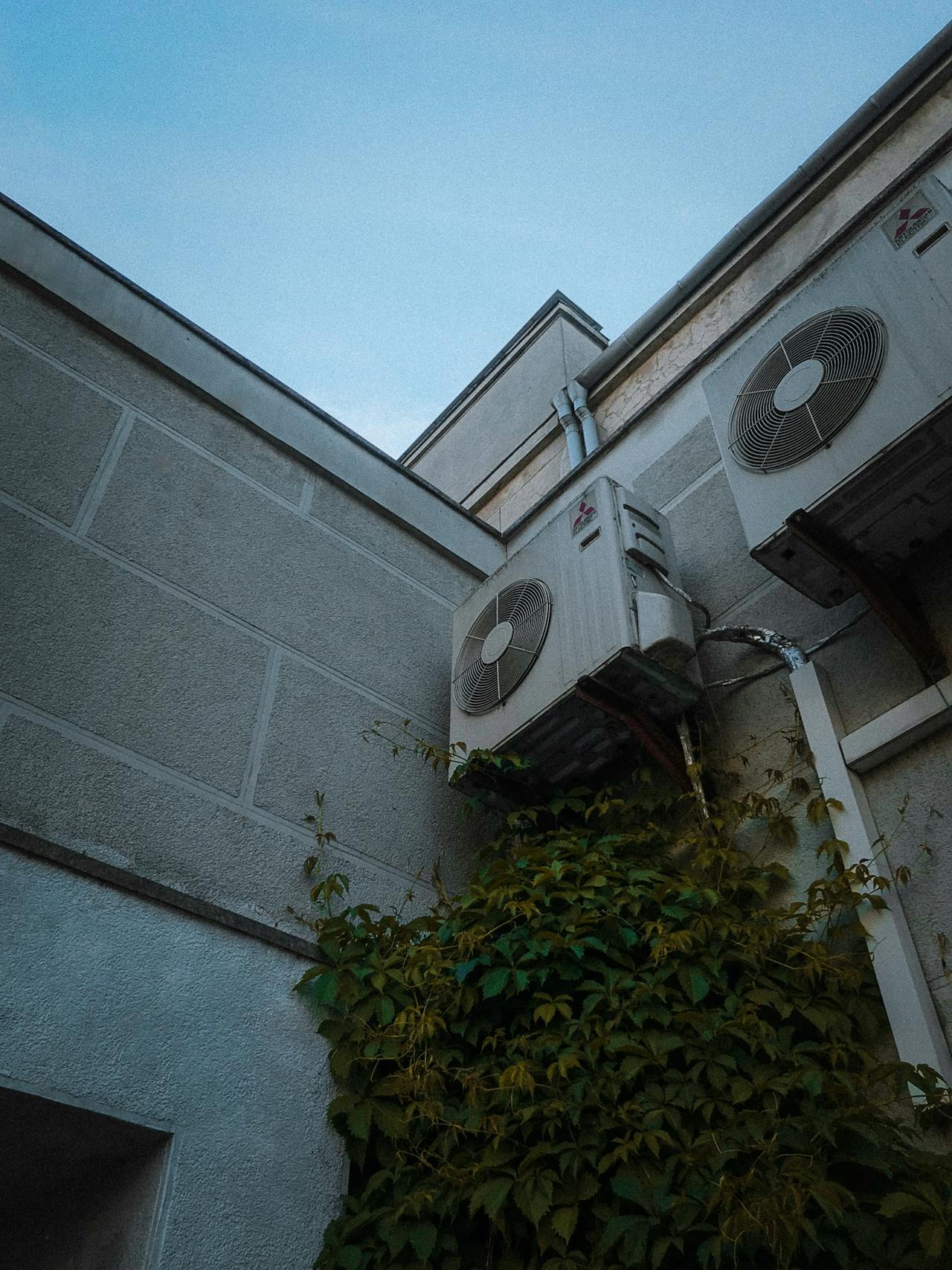Canada News
Financial incentives alone are not enough to get more heat pumps in homes

For Canadians, heat pumps are still a newer technology, and many people are skeptical of them. (Pexels Photo)
If there is one thing Canada is known for around the world, it is for the hearty winters that are experienced in nearly every community from coast to coast to coast. As communities continue to grow, one unintended consequence often goes unnoticed: the high consumption of fossil fuel for heating, which is projected to continue increasing over the next few decades.
This is a problem because meeting climate targets requires us to lower our overall carbon footprint by transitioning to sustainable heating systems. These include technologies such as district heating and heat pumps.
Canada has ambitious goals to grow the share of heat pumps from the current six per cent to as high as 50 per cent by 2050. Across the country, financial incentives for low-to-median income homeowners are being used to entice families to make the switch to a technology they may know little or nothing about.
But incentives alone are insufficient to bridge the gap between our heating needs and the imperative to take action to reduce emissions.
Demystifying heat pumps
For Canadians, heat pumps are still a newer technology, and many people are skeptical of them. To facilitate a transition, it is vital to foster awareness of how they work, as well as their environmental, financial, and technical benefits.
In other words, one of the biggest obstacles is demystifying this technology most people probably wouldn’t recognize if they saw one at a big-box hardware store. This is particularly important considering the high level of misinformation, misperception and skepticism about heat pumps circulating on social media.
To reinforce the reason for the transition, awareness campaigns can also serve to disseminate information about decarbonization policies, goals and initiatives. Moreover, the provision of training to HVAC companies and technicians working in heating, ventilation, and air conditioning can help them offer more informed recommendations in favour of transitioning to a heat pump.
This will require that government funding initiatives also include funding for skilled training programs for these boots-on-the-ground experts. While eventual adoption will take time, it is a necessary starting point to reduce uncertainty and skepticism.
Demystification must also include measures to ensure that heat pumps will indeed help reach the goal of significantly reducing (by up to $4,300) households’ annual energy bills. That includes measures to ensure the operating cost of a heat pump is cheaper and non-volatile, particularly in places where electricity is more expensive.
Effective financial incentives
One unavoidable fact remains when it comes to making a choice about home heating: people tend to vote with their wallet. In Canada, the average cost of an air-source heat pump (including installation) ranges from $10,000 to $18,400. Compare that with the cost of putting in a new oil furnace and tank, which will run about $6,500 – one-third the cost in some cases.
There is help for homeowners to cover up-front costs. The federal government recently closed the Greener Homes Grant for new applicants, but it is updating the program to direct the benefit more toward low-to-medium-income households.
In Nova Scotia, Newfoundland and Labrador and P.E.I., the Oil to Heat Pump Affordability Program provincial program enhancements add $5,000 to the $10,000 grant otherwise available across the country.
The governments of Nova Scotia, P.E.I. and New Brunswick even provide free heat pumps for eligible low-to-median-income homeowners. In B.C., Ontario and Quebec, rebate incentive programs are available.
While generous financial incentives are helpful, there are many sociotechnical barriers that continue to stand in the way of wider adoption. The switch to a heat pump is not a simple decision to change the heating system to a new, more efficient, and sustainable one.
It is a complex process that also involves changes that can appear as disruptive at many levels: financially but also in terms of lifestyle, autonomy and comfort.
How to mandate clean heat in our buildings
Why Canada needs a rental-unit energy report card
New construction can’t be allowed to sidestep energy efficiency
Targeted awareness campaigns combined with meaningful incentivization is key.
Around one-quarter of Canadian homeowners are planning to replace their heating systems in the next five years. However, those are most likely to be homeowners who have relatively high incomes. Within this group, many already have heat pumps installed.
Meanwhile, more than 30 per cent of Canadian households rent. As such, they cannot make the decision to change heating systems.
Property owners are the ultimate decision-makers who must be persuaded through an effective combination of information and incentives. The eligibility criteria for current programs does not reflect this reality and must be adapted so they reach those who are energy poor, renters and using gas-based heating.
By taking a bottom-up approach, heat pumps and other technologies will become less of a mystery and more of a no-brainer so home heating for more Canadians begins to contribute to reaching our climate targets.
This article first appeared on Policy Options and is republished here under a Creative Commons license.





















